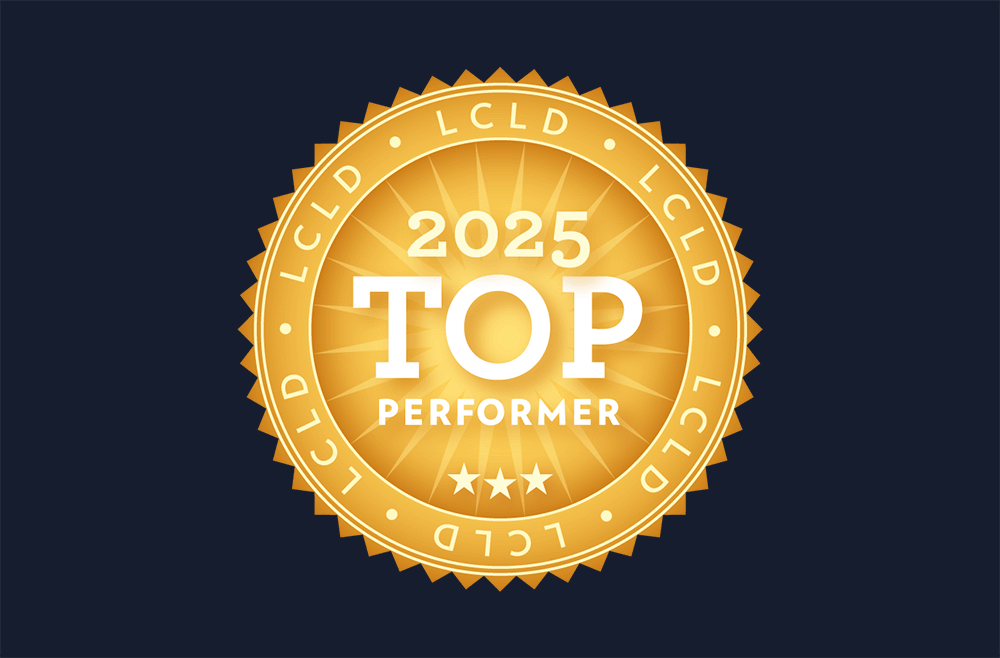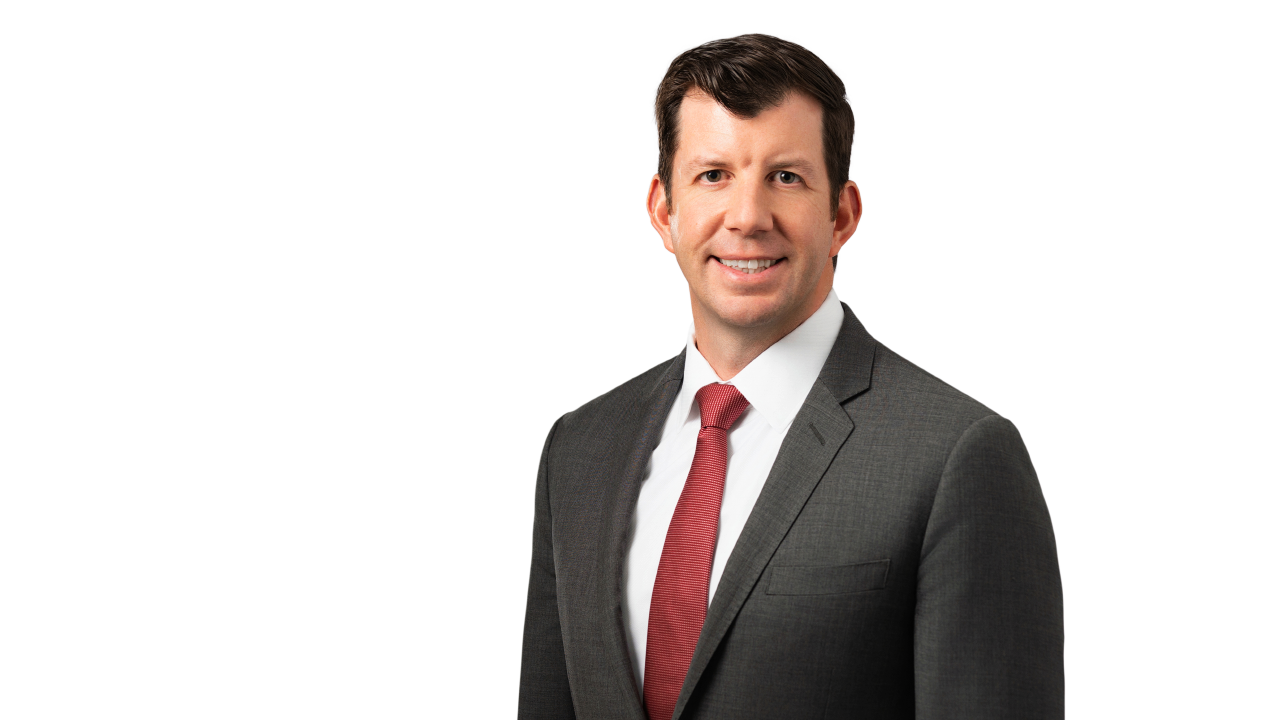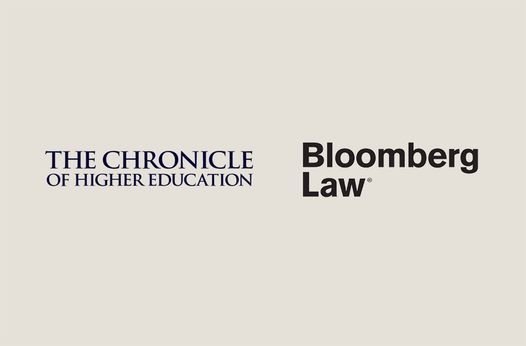Avvo Shuts Down its Legal Services Product in Wake of Ethics Opinions Warning Attorneys Not to Participate
Lawyers for the Profession® Alert | 6 min read
Aug 14, 2018
Brief Summary
The operator of Avvo, a popular online legal marketplace for lawyers and clients, shut down its Avvo Legal Services product on July 31, 2018, amidst criticism that it was in violation of legal ethics rules. The satisfaction guaranteed service offered online clients limited legal services provided by a participating lawyer for a flat-fee determined by Avvo. The lawyer was paid by Avvo after the service was complete, but was required to pay a "marketing" fee back to Avvo. Since Avvo Legal Services was unveiled in 2016, it has been scrutinized by several state bar ethics committees advising that a lawyer's participation in the service violated the rules of professional conduct. Although Avvo vehemently defended the service, and gained some unlikely support along the way, the pressure from regulators appears to have been too much.
Complete Summary
In a June 6, 2018 letter to the North Carolina State Bar, Internet Brands, Inc., the company that recently acquired Avvo, Inc., announced it would discontinue its beleaguered "Avvo Legal Service" product.[1] Although the decision was surprising in light of Avvo's unrelenting defense of its services, it was not completely unexpected. For the past few years, Avvo, a for-profit enterprise, has been under siege by various state ethics boards and committees concerning whether an attorney's participation in Avvo's services violates rules of professional conduct.
Avvo Legal Services launched in 2016. The platform allowed users to purchase limited-scope legal services from a list of participating lawyers within the user's jurisdiction for a fixed fee paid directly to Avvo. Avvo defined the types of services offered, the scope of the representation, and the lawyer's flat-fee. Avvo then paid the lawyer the full amount of fees earned at the end of each month. Avvo promised a "satisfaction guarantee:" if a dissatisfied client could not be switched to another participating lawyer for no extra charge, the client got a full refund and the lawyer got nothing. If all went well, and after the attorney was paid, Avvo then separately charged the lawyer a "marketing" fee that was based on, but not directly proportional to, the amount of the fees earned by the lawyer. The higher the fees paid for the services, the more the attorney paid to Avvo as a marketing fee.
Once the product was unveiled, state bar ethics committees began opining that a lawyer's participation in the program, and similar programs offered by competing services, violated multiple state ethical rules. Eight states issued such opinions: New York,[2] Ohio,[3] Pennsylvania,[4] South Carolina,[5] New Jersey,[6] Utah,[7] Virginia,[8] and Indiana.[9] Some of the opinions do not specifically identify Avvo, but the company acknowledged its Legal Services program was the target of the opinions.[10] Although the analyses of these opinions differ from one another, generally four components of the service were found to be the most problematic: (1) the "marketing" fee charged to the lawyers was not a reasonably permitted advertisement cost (ABA Model Rules 1.5 and 7.2), but instead found to be an improper fee splitting/sharing with a for-profit, non-lawyer (Model Rule 5.4), and/or an improper payment for a recommendation/referral (Model Rule 7.2); (2) Avvo collecting and retaining the legal fee until the legal work was completed prevented the lawyer from fulfilling her duties to safeguard client's funds and to refund unearned fees at the end of the representation (Model Rules 1.15 and 1.16); (3) Avvo determining the scope and price of the representation interfered with the lawyer's independent professional judgment (Model Rule 5.4); and (4) Avvo's "satisfaction guarantee" prevented a lawyer from being professionally independent (Model Rule 5.4).
Avvo responded by vigorously defending its services. Avvo stated that the marketing fee was a reasonable and permissible advertising cost, because the more expensive the legal services, the more it costs to market due to higher credit card processing fees and increased customer service costs. Avvo further considered its satisfaction guarantee as a marketing cost because it made the service more attractive to prospective clients. Over and over again Avvo stressed that its product offered a cost-effective option for lawyers to market their services while fulfilling a consumer need for affordable, easily accessible and transparent legal services. The high volume of lawyers and clients using Avvo Legal Services (and other similar services) demonstrates a need that more traditional service methods are not providing. Other Avvo programs do remain active, including its lawyer rating feature and "Avvo Advisor," which offers a one-time consultation with a lawyer for a fixed fee. It is unknown whether these services will be impacted.
While Avvo was enduring scrutiny and scorn, it received support from an unlikely entity: the Illinois Attorney Registration and Disciplinary Committee (ARDC), the agency charged with investigating allegations of misconduct against Illinois attorneys. The ARDC, in a 124-page report issued on May 30, 2018, found that Avvo Legal Services and other similar programs are necessary to address the unmet legal needs of low or moderate-income individuals.[11] The ARDC proposed rule changes to allow for-profit referral services.[12] The report noted inconsistencies with states that adopted ABA Model Rule 7.2(b)(2), which allow "not-for-profit" or bar-sponsored referral services to share fees with lawyers but also prohibit the same for-profit service.[13]
Following the Avvo Legal Services fallout, on August 6, 2018, the American Bar Association House of Delegates approved Resolution 101, amending the model rules concerning attorney advertising (ABA Model Rules 7.1 through 7.5) in an effort to suit today's technological marketing advancements. An effort by the ABA, APRL and other organizations that has been in the works for years.
Significance
Legal ethics opinions are only advisory, but can make a big impact. Many lawyers and non-lawyers agree that online services, like those offered by Avvo, fill a need that traditional methods of providing legal services and marketing do not. In fact, the New York ethics opinion acknowledged this, but emphasized that ethics opinions cannot factor in many of these persuasive points, because the purpose of such opinions is to interpret the applicable Rules of Professional Conduct as they presently exist. State Bars cannot directly control non-lawyer businesses, but they can regulate—and ultimately discipline—lawyers who participate in such services in violation of their ethical obligations. Without the blessing of State Bars, such services may struggle to successfully function. Although Avvo has been a high-profile target, many of its competitors, including Rocket Lawyer and Legal Zoom, have also been under fire. Those services continue to operate, at least for now, with new ventures being launched everyday under similar business models and objectives. It remains to be seen whether efforts by the legal profession to keep up with technological advances and the ever-changing needs of clients and lawyers will ultimately welcome such services.
For more information, please contact Daniel Conte.
[1] Letter from B. Lynn Walsh, Internet Brands, to Joshua Walthall, North Carolina State Bar (June 6, 2018)
[2] New York State Bar Association Committee on Professional Ethics, Op. 1132 (Aug. 8, 2017).
[3] The Supreme Court of Ohio: Board of Professional Conduct, Opinion No. 2016-3 (June 3, 2016).
[4] Pennsylvania Bar Association: Legal Ethics and Professional Responsibility Committee, Formal Opinion 2016-200 (Sept. 2016).
[5] South Carolina Bar, Ethics Advisory Opinion 16-06 (2016).
[6] Advisory Committee on Professional Ethics/Committee on Attorney Advertising/Committee on the Unauthorized Practice of Law, ACPE Joint Opinion 732/CAA Joint Opinion 44/UPL Joint Opinion 54 (June 2017).
[7] Utah State Bar Ethics Advisory Opinion Committee, Opinion No. 17-05 (Sept. 27, 2017).
[8] Virginia State Bar, [Proposed] Legal Ethics Opinion 1885 (submitted to Virginia Supreme Court on Nov. 17, 2017 for adoption).
[9] Indiana Supreme Court Disciplinary Commission, Op. 1-18 (April 9, 2018).
[10] See Samson Habte, Third Ethics Panel Dings Avvo Flat-Fee Referral Service, Oct. 5, 2016, ABA/BNA Law. Man. On Prof.
[11] "Client-Lawyer Matching Services," Study of the Attorney Registration and Disciplinary Commission of the Supreme Court of Illinois (May 30, 2018), pg. 4-8
[12] Id., pg. 51-57.
[13] Id. pg. 11-14, 120-125.
Related People
Related Capabilities
Featured Insights

Press Release
Jan 20, 2026
Hinshaw Attorneys Named to the LCLD 2026 Fellowship Class and 2026 Pathfinder Program

Press Release
Jan 15, 2026
Hinshaw Client Secures a Complete Jury Verdict in Fraudulent Misrepresentation Horse Sale Case

Press Release
Jan 6, 2026
Hinshaw Adds Four-Member Consumer Financial Services Team in DC and Florida

Employment Law Observer
Dec 8, 2025
12 Days of California Labor and Employment: 2025 Year in Review

Press Release
Dec 4, 2025
Hinshaw Recognized by the Leadership Council for Legal Diversity as a 2025 Top Performer

Press Release
Nov 25, 2025
Hinshaw Legal Team Secures Summary Judgment in Gas Station Injury Case

Press Release
Nov 18, 2025
Hinshaw Releases the Third Edition of Duty to Defend: A Fifty-State Survey







